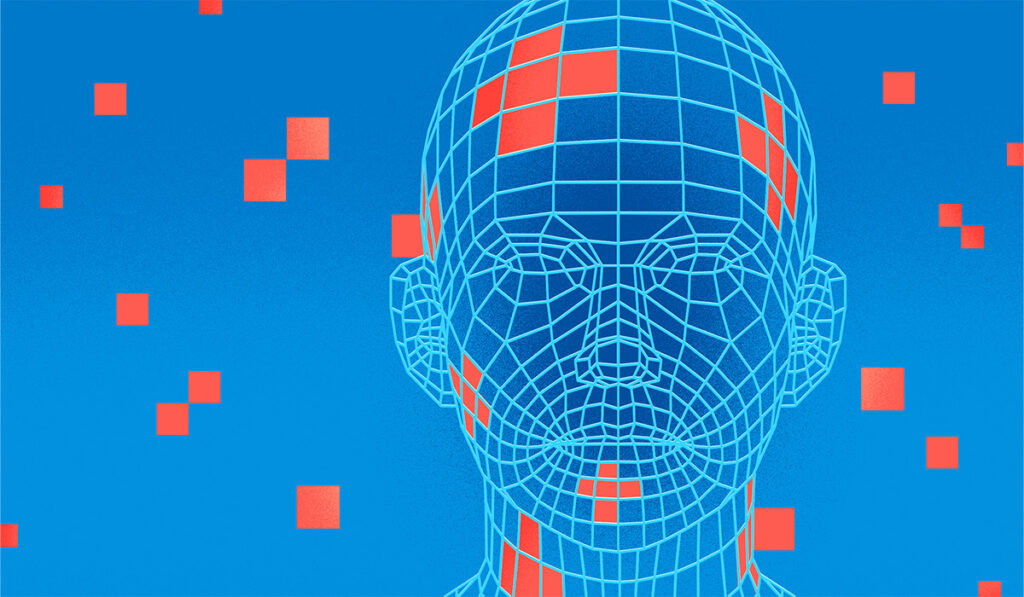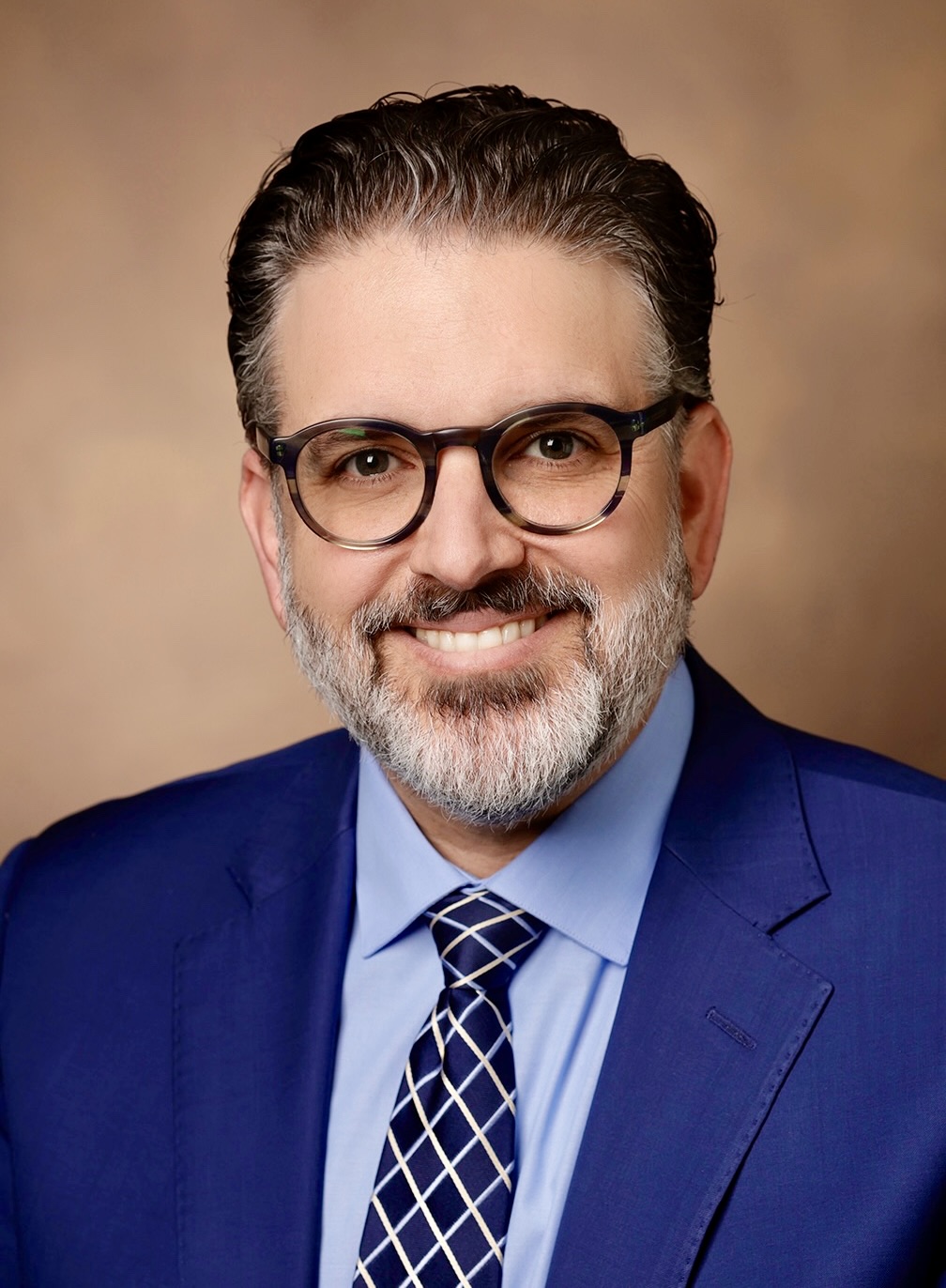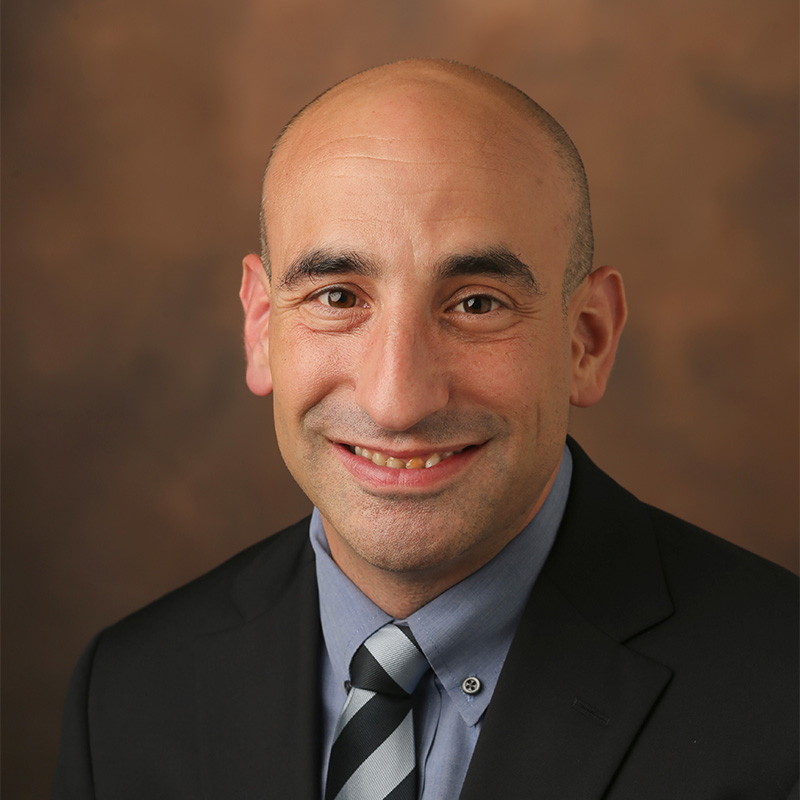Vanderbilt University Medical Center has opened ADVANCE, an informatics center focused on artificial intelligence (AI) that brings together clinicians, computational scientists and patients in a collaborative hub to improve clinical outcomes.
ADVANCE stands for “AI Discovery and Vigilance to Accelerate Innovation and Clinical Excellence” and made its debut March 2024 as part of the Department of Biomedical Informatics (DBMI).
The initiative aims to foster cross-departmental research and “represents a significant step forward in the evolution of AI applications in health care,” said Peter J. Embí, M.D., chair of DBMI at Vanderbilt.
Embí co-directs ADVANCE along with Bradley Malin, Ph.D., vice chair for research affairs in the department.
“It is important to have a group of experts that understand the capabilities and limitations of AI to avoid getting caught up in the hype,” Malin said. “ADVANCE brings these experts together under one roof.”
“It is important to have a group of experts that understand the capabilities and limitations of AI to avoid getting caught up in the hype.”
Encouraging Wide Collaboration
According to Malin, the center integrates frontline health care workers, researchers and computational scientists in efforts to address complex challenges and drive transformative innovations.
“We’re encouraging experts from all departments to bring their ideas forward,” Malin explained.
In organized studio sessions, these teams will discuss and refine their ideas. Ongoing communication across disciplines is essential to grasp the full potential of new projects, Malin said. As more experts join in, he anticipates such sessions will become regular occurrences at the center.
Additionally, Embí and Malin will be asking patients and community members to participate to determine their attitudes toward new technologies and willingness to adopt them.
Embracing Co-Creation
Malin notes that one of the center’s unique features is co-creation. The co-creation process entails identifying key stakeholders, understanding their preferences, and actively involving them in the technology development process.
Co-creation is known to enhance creativity and innovation, speed up development cycles and improve decision-making, he explained.
“People engage with something they have a stake in,” Malin said. “Our goal is to engage a diverse group of stakeholders in the technology development process.”
Malin believes that AI technologies should be used to address real-world issues, that the co-creation process is well suited to this role.
“We must make sure that AI is utilized for the betterment of humanity,” he said.
“We must make sure that AI is utilized for the betterment of humanity.”
Lessons Learned So Far
In launching the center, Malin said both he and Embí encountered many learning opportunities. Among the lessons: AI is a tool, not a solution in its own right.
Another has been the importance of gathering feedback from end users. He said gaps can exist between expert computational science models and the user experience.
“Design your technology based on the problems it aims to solve,” Malin said. “Developing technology for an existing user base is straightforward, but gaining patient trust is a whole different challenge.”
Furthermore, Malin advises organizations to refrain from overspecializing their workforce. He sees the key to long-term success as having generalized computational expertise to seamlessly transition between projects as they evolve.





